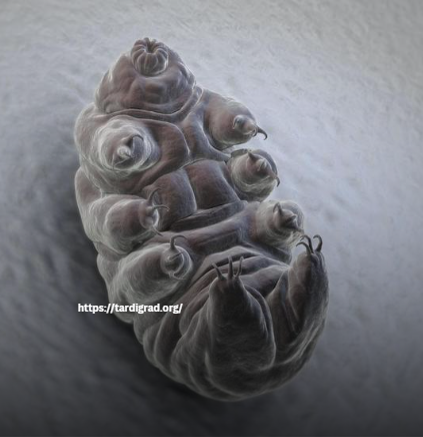Tardigrades, also known as water bears, are extraordinary microscopic creatures that have captured the curiosity of scientists worldwide.One of the most intriguing aspects of tardigrade biology is their diverse and unique reproductive behaviors. In this article, we will delve into the fascinating world of tardigrade reproduction,exploring the various strategies they employ to ensure their survival in even the harshest of environments.
Reproduction Strategies:
Parthenogenesis:
Tardigrades have the incredible ability to reproduce through parthenogenesis,where females can produce offspring without the need for fertilization. This process allows them to rapidly increase their population size in favorable conditions.
Sexual Reproduction
Tardigrades also engage in sexual reproduction, which involves the fusion of male & female gametes. This process increases genetic diversity within the population, enhancing their ability to adapt to changing environments.
Cryptobiosis
When conditions become unfavorable, tardigrades enter a state of cryptobiosis, a form of suspended animation. During this time, their reproductive processes halt until the environment becomes suitable again.
Horizontal Gene Transfer
In addition to traditional reproduction,tardigrades have the astonishing ability to acquire foreign genetic material through a process called horizontal gene transfer. This unique mechanism allows them to acquire advantageous traits from other organisms, further enhancing their chances of survival.
FAQs:

Ques. Can tardigrades reproduce in space?
Ans. Yes, tardigrades have been shown to survive and reproduce in space, highlighting their resilience and adaptability.
Ques. How long can tardigrades remain in a state of cryptobiosis?
Ans. Tardigrades can endure years, or even decades, in a state of cryptobiosis, waiting for favorable conditions to resume their reproductive activities.
Ques. Are all tardigrades capable of parthenogenesis?
Ans. No, not all tardigrades can reproduce through parthenogenesis. Some species rely solely on sexual reproduction, while others can employ both methods.
Conclusion:
The reproductive behaviors of tardigrades are a testament to their remarkable resilience & adaptability. Their ability to reproduce through parthenogenesis, engage in sexual reproduction, and acquire foreign genetic material through horizontal gene transfer allows them to thrive in extreme environments. By unraveling the mysteries of tardigrade reproduction, scientists can gain valuable insights into the incredible strategies these microscopic creatures employ to ensure their survival in the face of adversity.
So,the next time you encounter these fascinating water bears remember that their reproductive behaviors are a key factor in their ability to endure & prosper in the most challenging of circumstances.

